The first Earth Day, on April 22, 1970, was inspired by student anti-war protests,and was organized as a teach-in on college campuses to build collective alignment and action to improve the state of our planet. In the spirit of that vision, and in recognition of Earth Day’s 50th Anniversary, The Sustainable Development Solutions Network held a global 24-hour webinar on April 22, 2020. Over the course of the day, 20+ SDSN Networks mobilized more than 90 speakers to share and discuss collaborations towards improved sustainability and wellbeing for all. This event was first envisioned last September, long before the COVID-19 crisis changed the lives of people worldwide. As the day progressed, it was clear that thought leaders and institutions around the globe are adapting their thinking and programming to meet the challenges of a global pandemic.
The SDSN USA closing sessions highlighted the new adjustments and collaborations of American institutions. In her remarks on COVID-19 and human rights, Kerry Kennedy, president of Robert F. Kennedy Human Rights, described the major issues facing our world as one challenge, “that of institutional injustice,” which requires us to prioritize those most at risk – echoing succinctly the Leave No One Behind Agenda of the United Nations Sustainable Development Goals.
Ms. Kennedy emphasized the urgent needs of five specific communities that RFK Human Rights is prioritizing in COVID-19 response: First, helping students who do not have the resources to keep up with remote lesson plans and virtual learning; Second, safeguarding women that are facing increased threat of domestic abuse during quarantine; Third, to release immigrant and pre-trial detainees, stating that “jail and immigration detention should never equate to death sentences;” Fourth, that efforts to stabilize the global food supply ensure that the most vulnerable are protected; and Fifth, to protect civic spaces and democracy as civil liberties are suspended to combat the pandemic.
Following her remarks, Columbia University Professor and SDSN President Jeffrey Sachs moderated a panel of university leaders to discuss the impact, response, and responsibilities of their institutions during and after this crisis: University of Louisville President Neeli Bendapudi, Yale University President Peter Salovey, Howard University President Wayne Frederick, and SUNY Chancellor Kristina Johnson. Framing American educational institutions as a “beacon of hope and training for students from all over the world,” Professor Sachs implored the panelists to use their remarks to explore how to engage as global citizens in this troubled time.
From top left to bottom right: SDSN President Jeffrey Sachs, Yale University President Peter Salovey, University of Louisville President Neeli Bendapudi, Howard University President Wayne Frederick, and SUNY Chancellor Kristina Johnson
Each panelist shared the tremendous efforts their institutions are undertaking to combat the pandemic, demonstrating a consistent purpose amongst the four distinct organizations they represented. University of Louisville President Neeli Bendapudi described the university’s innovative use of public school computer systems for data mining, the critical work of the Envirome Institute in developing a framework for holistic health and critical partnerships with the city and community. Yale University President Peter Salovey discussed how the lessons from this pandemic can improve our resiliency when facing the challenges of climate change, the importance of being proactive in creating new knowledge, breaking down barriers across disciplines, addressing disparities, and in building trust and collective action.
The State University System of New York (SUNY) Chancellor Kristina Johnson described the enormous efforts the university system is undertaking to combat COVID-19 on the front lines, to supporting student populations at risk of being left behind as over 400,000 students transition to remote learning, and a commitment to hire 1,000 faculty from underrepresented minorities. As Chancellor Johnson stated, “it’s going to take the collective action of each one of us” to combat COVID-19 and the climate crisis. Howard University President Wayne Frederick focused on educating and empowering a strong pipeline of students, and on improving disparities in education outcomes and employment opportunities for African American students in the United States. President Frederick stated that one of the keys to sustainability is “that we empower the number one resource that we have in order to impact climate change, and that is the young people that we have in our universities today.
The esteemed panelists made clear that beyond a common goal to inspire action and inform youth, their institutions are on the front lines of this crisis in multiple ways. Their vacant campuses reflect unprecedented response from our country’s oldest institutions with profound and immediate impacts. Their faculty and staff are at the forefront of day-to-day operational challenges and on the frontlines of the national response, managing hospital systems, converting dorms for use by first responders, employing local school computers for computing power for data mining efforts, in developing innovative technologies and researching treatments and vaccines to combat the virus, and in a transition to remote learning.
Perhaps most importantly, they are all using the current reality to think ahead about how to better foster interdisciplinary action and mobilize towards improved action on the climate crisis. As Ms. Kennedy stated, coming out of this pandemic, “we have an opportunity to address institutions in society which have made COVID impact the most vulnerable in such a treacherous way.”
--
You can access Kerry Kennedy’s remarks via this link, and the University Leaders’ Panel via this link. A summary of the full 24h webinar is available here here. For more information about SDSN USA, visit www.sdsnusa.org or email usa@unsdsn.org.

